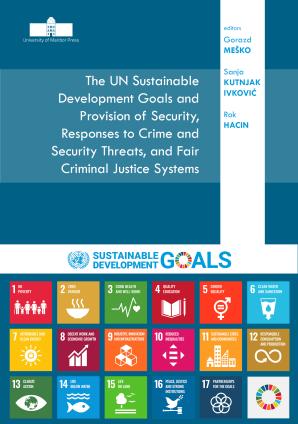Evaluating Policing Models in Rural Croatia: Residents’ Perceptions and Preferences in Požeško-Slavonska County: Irena Cajner Mraović, Ivana Radić, Kaja Prislan Mihelič, Branko Lobnikar
Synopsis
The effectiveness of various policing models is a topic of ongoing debate, primarily within the confines of police organisations. Our comprehensive study explored residents’ perceptions of different policing models in Požeško-Slavonska County, Croatia. Each section of the questionnaire contained four statements aligned with one of the four primary models of police work: the military-bureaucratic model, the lawful policing model, the community-oriented policing model, and the public-private divide policing model. Participants showed a clear preference for the community policing model, evidenced by the highest mean and median values compared to other models. The community policing model was favoured in seven out of eight criteria, marking it the most desirable model for participants. This model stood out particularly for its emphasis on discretion, law, cooperation with the community, professionalisation, legitimacy, prevention, and proactiveness. Conversely, the military-bureaucratic model was the least preferred, ranking last in six out of the eight criteria.
Downloads
Pages
Published
Categories
License

This work is licensed under a Creative Commons Attribution-NonCommercial 4.0 International License.






